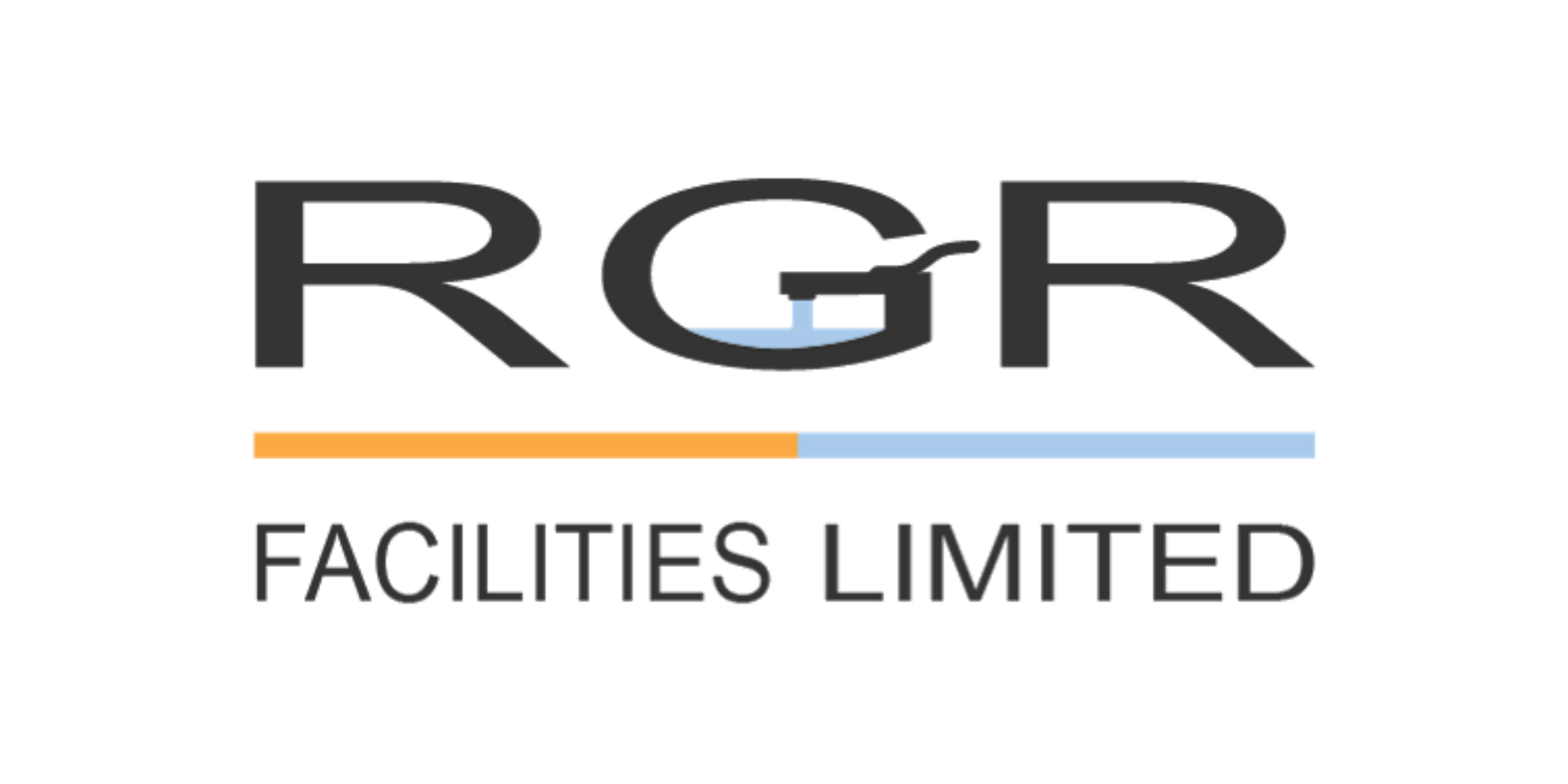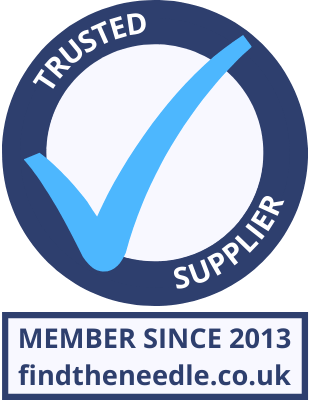 Add My Company
Add My Company
Sign In

The UK's eating habits have vastly changed over the past few decades, and people are eating out much more frequently allowing the food and drink industry to boom. Unfortunately, this has unearthed the worrying problem that while fat, oil and grease do not appear harmful, when cooled these congeal, harden and stick to the inner lining of drainage pipe restricting wastewater flow and blocking pipes. In fact up to 75% of all sewer blockages in the UK are in fact now caused by fat, oil and grease, costing millions of pounds a year.
As a result, there are a number of legal requirements that have been put in place to help prevent fat, oil and grease entering drainlines and sewerage systems. Water companies, landlords, the local government and the environmental agency can all prosecute sites for having improper waste management. The key legislation is listed below:
Section 59 - Building Act 1984
This enables the local authority to require satisfactory provision for drainage of an existing building by service of a notice on the owner. This can include requirements for the installation of a grease trap.
Section 34 - Environmental Protection Act 1990 & Environmental Protection Act (Duty of Care) Regulations 1991 as amended
The objective of the Duty of Care is to ensure all waste is correctly managed from point of production to the final point of disposal. All sites disposing of waste must ensure this is done through a "registered waste courier" and keep a record of all collections. The local authority can require the production of documentation relating to the registration of waste correriers and failure to produce this can result in a £300 fixed penatly notice or prosecution. The local authority also has the power to carry out any required work and recover their costs in cases of default by the owner.
Section 80 - Environmental Protection Act 1990 (Statutory Nuisance)
The local authorities environmental health department addresses complaints of "statutory nuisance" including smells, effluents, accumulation of refuse or any premises prejudicial to health or a nuisance. The local authority must serve an abatement notice, and failure to comply can result in prosecution and the local authority has the power to carry out work to abate the nuisance and recover their costs.
Food Safety Act 1990
Local Authorities are authorised to inspect premises unde the Food Safety Act 1990, and problems arising from the effects of fat, oil and grease discharging to drain result in a failure to comply with the Food Hygiene Regulations and can lead to prosecution or an emergency prohibition order preventing trading from the premesis.
Section 111 - Water Industy Act 1991
Under section 111 it is a criminal offence to discharge into the public sewers any matter which may interfere with the free flow of wastewater. Water companies can take legal action to recover the costs incurred with dealing with detrimental effects on the seweres such as removing blockages, cleaning sweres, investigating their cause and remedying incidents. FOG are included in this; therefore it is within their power to prosecute for FOG contamination. Prosecution can result in substantial fines or imprisonment. Water Companies can also work with their local government offices, specifically Environmental Health, to bring about ‘improvement orders’ and ‘prohibition orders’ to force a site to improve their practices.
Animal By-Products Regulations EC 1774/2002 (ABPR)
From 1 November 2004 waste cooking oil from catering premises can no longer be used as an ingredient in animal feed. This is to safeguard the food chain. The collection of waste cooking oil must be via a licensed waste carrier. From October 2007 liquid waste may not be disposed of at landfill.
Note - Where reference is made to Acts of Parliament and Regulations, it should be noted that subsequent amendments or replacements equally apply.
RGR Facilities is a British Water approved member of the Grease Contractors Association, specialising in grease trap sales, installations, repairs & servicing.Tailored for each individual client, and at competitive prices, we supply the full range of grease removal equipment, automatic or manual under-sink grease traps, industrial units, food strainer baskets, coffee guardians and dosing units so you don't fall foul of grease and waste management legislation. Grease traps are our bread and butter. We constantly strive to improve our services and are proud to work with household names across several sectors, from supermarkets to railway service providers, hospitals, hotelliers and restauranteurs.
For more information on WHY DO I NEED A GREASE TRAP? THE LEGAL REQUIREMENTS talk to RGR Facilities Ltd
Enquire Now
More News and Projects
List your company on FindTheNeedle.

